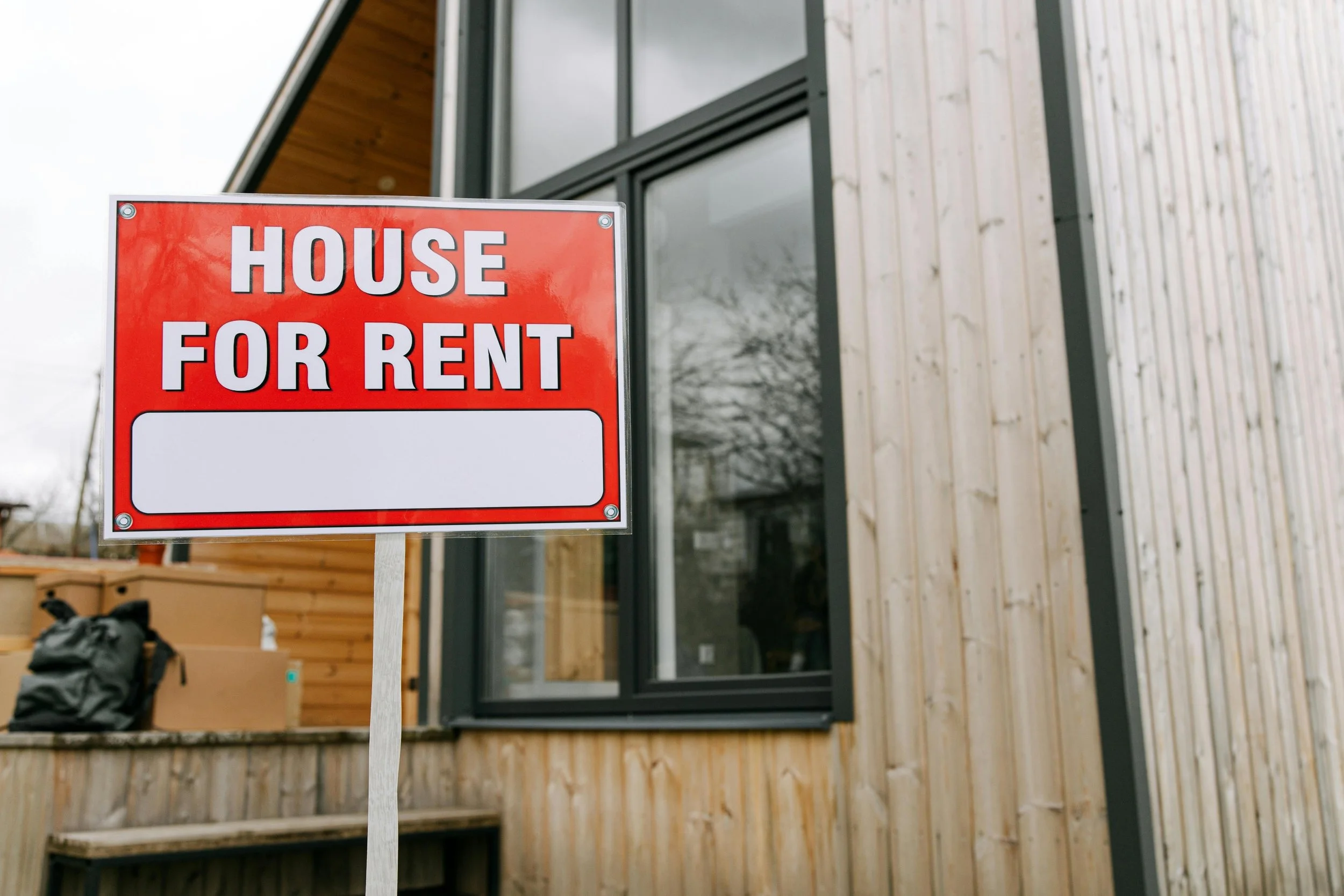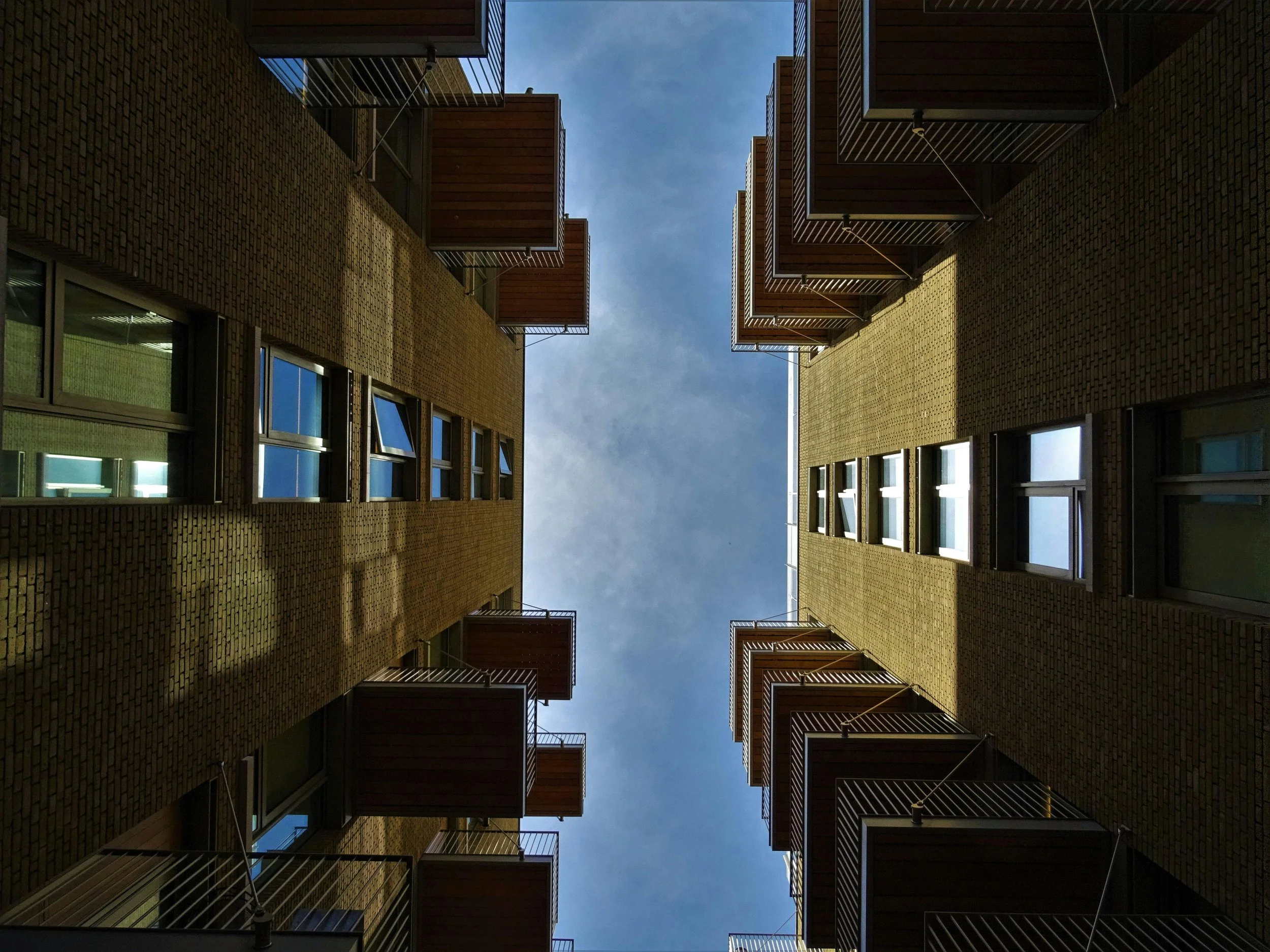Chicago Housing Market: 2025 Rent Hikes
Chicago is bracing for a significant shift in 2025. The city's rental market is set to experience a notable increase in rent prices. This change will not only affect tenants but also the broader housing market. It's a development that warrants a closer look.
In this article, we delve into the projected rent hikes in Chicago for 2025. We'll explore the potential impact on various stakeholders, from renters to real estate investors. We'll also analyze the factors contributing to these changes. This includes everything from economic trends to housing supply and demand dynamics.
We aim to provide a comprehensive view of the situation. We hope to equip you with the knowledge to navigate this evolving landscape. So, whether you're a current or prospective renter, a property manager, or a policymaker, this analysis should prove insightful. Let's dive into the impact of the 2025 rent hikes in Chicago.
Understanding the Chicago Housing Market in 2025
The Chicago housing market in 2025 is poised to undergo significant changes. Urban growth and shifting demographics are key players in this transformation. These factors push demand, creating pressures on rental prices across the board.
Inflation plays a significant role in influencing the market's path. As costs of goods and services rise, landlords adjust rents to compensate. This economic situation influences both the residential and commercial property markets in Chicago.
Technology also plays a crucial role in shaping market trends. Advances in remote work have changed people's housing preferences. Many now seek residences outside typical urban centers, impacting rental dynamics within the city.
There is also a notable construction trend offering new developments aimed at alleviating supply pressures. However, the effect of these projects on the broader market might take time. The immediate effects appear minor given the high demand. Finally, factors like transportation infrastructure and community amenities can influence housing desirability. Access to these conveniences often dictates neighborhood appeal. This, in turn, affects rent prices in different parts of the city, showing complicated connections.
Historical Perspective
Understanding the rent landscape involves a look at past trends. Chicago has seen varied rent hikes over recent years. These rises indicate changes in the economy and society that are affecting the area.
Several factors contribute to the historical rent growth in Chicago. Strong demand, combined with limited housing supply, has driven up prices. Furthermore, inflation has made things even more difficult for renters. Historically, Chicago's rent increases have been characterized by the following:
A steady rise averaging 3-5% annually over the past decade.
Notable spikes during economic booms and post-crisis recoveries.
Differences exist between neighborhoods, with some regions seeing rent prices increase by twofold. These trends assist us in comprehending the present and future conditions of the market. Renters and policymakers can learn from these patterns. Informed strategies can potentially mitigate the adverse impacts of future rent hikes.
Predicted Rent Increase
Experts project a significant rent increase in Chicago by 2025. This hike may range from 5% to 7%. Such an increase poses challenges for many renters in the city. Comparatively, national rent increases are expected to be moderate. The US average is projected to rise by about 4% to 6%. This distinction points out the specific challenges faced by Chicago's rental market.
Chicago's anticipated rise reflects local economic dynamics. Factors include increased demand and limited housing supply. On the other hand, the national average reflects overall economic conditions, although regional factors differ.
Contributing Factors to Chicago's Rent Increase
Several factors drive the Chicago rent increase in 2025. Economic growth leads the list. As the city thrives, more people seek to live here, fueling demand. Inflation also plays a critical role. As prices rise across various sectors, the cost to own and maintain properties increases. Landlords often pass these costs to renters. The housing supply fails to meet demand. Limited new construction compounds the situation, leaving fewer options for tenants. This imbalance pushes rents higher. Job market trends impact rent levels too. In-demand industries attract workers to Chicago, raising population numbers and housing demand. High-paying jobs justify landlords in increasing rent. Lastly, Chicago's appeal influences rent prices. Its rich culture, transportation network, and educational institutions heighten its desirability, sustaining strong rental market conditions.
Neighborhood Impact: Who Bears the Brunt?
Rent hikes impact Chicago's neighborhoods differently. Affluent areas often see sharp increases first. Demand in these neighborhoods pushes prices even higher.
Working-class communities face distinct challenges. Rent burdens can affect long-term residents most. These tenants may struggle to absorb rising costs.
Gentrification trends exacerbate disparities. As prices rise, lower-income residents may be displaced. This shift alters community demographics and accessibility.
The Ripple Effect: From Tenants to the Broader Economy
Rent increases extend beyond individual tenants. They can strain household budgets and reduce disposable income. This ripple effect impacts spending in other sectors. Local businesses might feel the pinch. With less money to spend, residents cut back on dining out or shopping. This reduction can slow economic growth within neighborhoods. Moreover, higher rents might deter new residents. The cost barrier can discourage migration to Chicago. This potential stagnation can affect the city's broader economic vitality.
Rent Control and Tenant Rights in Chicago
Rent control in Chicago is a controversial topic. Currently, Illinois law prohibits rent control across the state. This lack of regulation means landlords can raise rents with limited restrictions. Tenant rights aim to provide some relief. In Chicago, tenants have legal rights safeguarded by the city's Residential Landlord and Tenant Ordinance. These rights include notifying tenants about rent increases and protecting them from unjust eviction. Despite these protections, many tenants feel vulnerable. Rising rents often leave limited options for affordable housing. Advocacy groups are still working hard to support wider laws that ensure fair rent practices.
Coping Strategies for Renters Facing Increased Costs
Facing a significant rent increase can be daunting.
However, renters can use different strategies to deal with these increasing costs. Adaptability and proactive planning are key in these situations.
Here are some practical steps renters can take:
Review and adjust monthly budgets
Seek advice from housing counselors
Consider shared living arrangements
Additionally, staying informed about tenant rights provides empowerment. Knowing your legal standing can offer leverage in negotiations with landlords. This knowledge might prevent unwarranted rent surges. Exploring alternative housing options can also be beneficial. Different neighborhoods or smaller living spaces may offer relief. Dedicating time to research can reveal unexpected chances to save money.
The Future of Renting in Chicago
The outlook for Chicago’s rental market in 2025 remains cautious yet hopeful, offering opportunities for property owners looking to sell. Analysts anticipate continued changes shaped by economic and social dynamics, which could impact property values and buyer interest. Innovations in housing solutions, such as co-living spaces, may attract investors seeking to capitalize on emerging trends. These developments provide flexible, affordable options for renters, potentially increasing demand for properties tailored to such needs. Additionally, ongoing discussions about rent control and housing policies could influence buyer confidence, emphasizing the importance of strategic timing and positioning when selling rental properties. Balancing tenant needs with a thriving housing market will be key to attracting buyers and securing favorable transactions.






